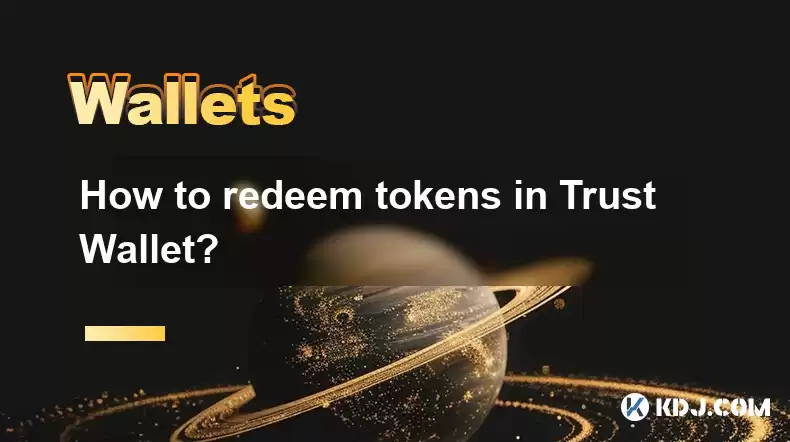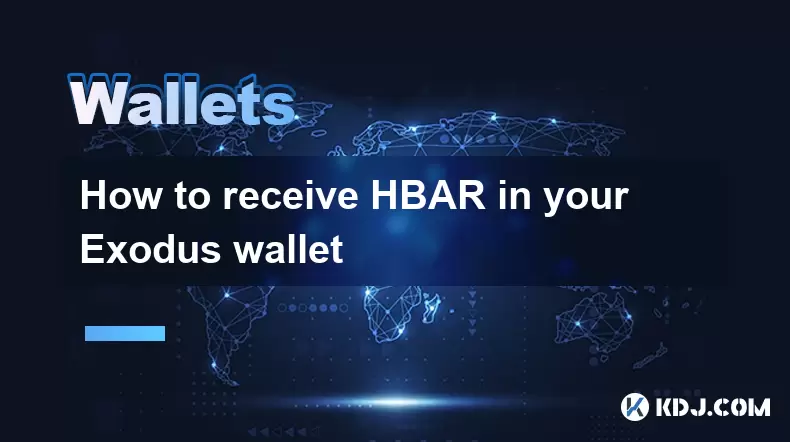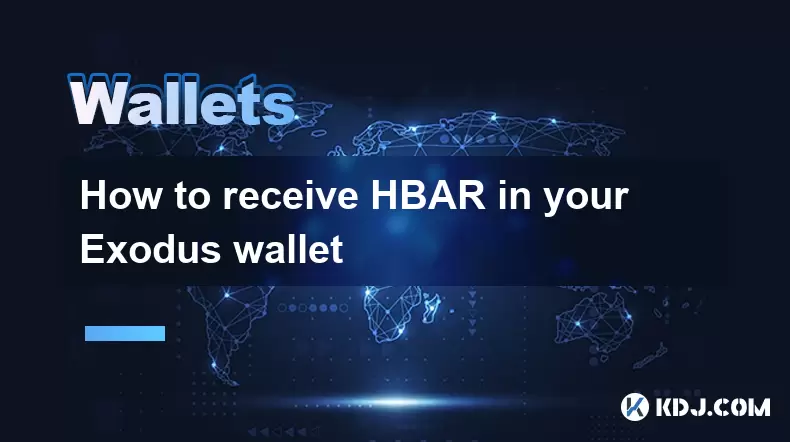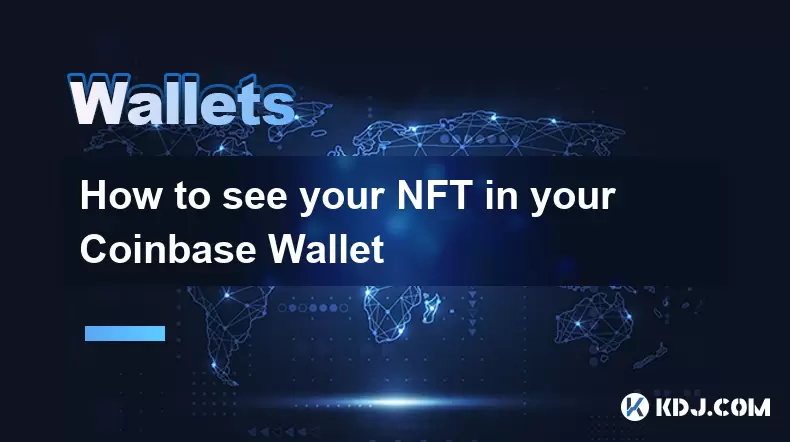-
 Bitcoin
Bitcoin $116700
0.24% -
 Ethereum
Ethereum $3973
4.34% -
 XRP
XRP $3.283
7.68% -
 Tether USDt
Tether USDt $1.000
0.01% -
 BNB
BNB $789.8
2.27% -
 Solana
Solana $176.2
3.31% -
 USDC
USDC $0.9999
0.00% -
 Dogecoin
Dogecoin $0.2238
5.14% -
 TRON
TRON $0.3389
-0.51% -
 Cardano
Cardano $0.7907
4.03% -
 Stellar
Stellar $0.4527
10.02% -
 Hyperliquid
Hyperliquid $41.07
4.27% -
 Sui
Sui $3.794
1.77% -
 Chainlink
Chainlink $19.49
10.40% -
 Bitcoin Cash
Bitcoin Cash $580.9
0.74% -
 Hedera
Hedera $0.2617
4.32% -
 Avalanche
Avalanche $23.41
3.67% -
 Ethena USDe
Ethena USDe $1.001
-0.03% -
 Litecoin
Litecoin $122.4
1.38% -
 Toncoin
Toncoin $3.364
1.49% -
 UNUS SED LEO
UNUS SED LEO $8.988
0.37% -
 Shiba Inu
Shiba Inu $0.00001295
2.82% -
 Uniswap
Uniswap $10.62
5.75% -
 Polkadot
Polkadot $3.922
4.46% -
 Dai
Dai $1.000
0.01% -
 Bitget Token
Bitget Token $4.494
2.15% -
 Monero
Monero $268.0
-1.30% -
 Cronos
Cronos $0.1523
3.68% -
 Pepe
Pepe $0.00001127
4.43% -
 Aave
Aave $285.4
4.85%
How to redeem tokens in Trust Wallet?
Redeeming tokens in Trust Wallet varies by token; always verify legitimacy and follow official instructions to avoid scams and loss of funds.
Mar 30, 2025 at 12:01 pm

Understanding Token Redemption
Redeeming tokens in Trust Wallet depends heavily on the specific token and its underlying contract. There's no single, universal method. Some tokens might require interacting directly with a decentralized application (dApp), while others might involve a simple transfer to an exchange. Before attempting to redeem any token, always verify its legitimacy and the instructions provided by the token's creators or official channels. Failure to do so could lead to loss of funds. Always double-check the contract address and the legitimacy of the platform before proceeding.
Identifying Your Token's Redemption Method
The first step is understanding how your specific token is redeemed. Many tokens don't have a "redemption" process in the traditional sense. Instead, they might be used within a specific ecosystem, traded on decentralized exchanges (DEXs), or swapped for other cryptocurrencies. Consult the token's whitepaper or official website for detailed instructions on how to redeem or utilize your tokens. This document should outline the process clearly. If no official documentation is available, proceed with extreme caution.
Redeeming Tokens Through a Decentralized Exchange (DEX)
Many tokens are traded on decentralized exchanges like Uniswap, PancakeSwap, or SushiSwap. To redeem your tokens via a DEX, you'll first need to connect your Trust Wallet to the chosen DEX. This usually involves opening the DEX within your Trust Wallet's DApp browser. Ensure you're using the official DEX website and not a fraudulent imitation. Once connected, you can trade your tokens for other cryptocurrencies, such as ETH or stablecoins like USDT or USDC.
- Open the DApp browser in Trust Wallet.
- Navigate to the chosen DEX (e.g., Uniswap).
- Connect your Trust Wallet to the DEX.
- Select the token you wish to trade.
- Choose the cryptocurrency you want to receive in exchange.
- Confirm the transaction.
Redeeming Tokens Through a Centralized Exchange (CEX)
Some tokens might be listed on centralized exchanges (CEXs) like Binance, Coinbase, or Kraken. If this is the case, you'll need to transfer your tokens from your Trust Wallet to the exchange. Be absolutely certain of the correct token address before initiating any transfer. Sending tokens to the wrong address will result in irreversible loss. Once your tokens are on the exchange, you can sell them for fiat currency or other cryptocurrencies.
- Create an account on the chosen CEX.
- Find the deposit address for your specific token on the CEX.
- Transfer your tokens from your Trust Wallet to the CEX deposit address.
- Wait for the transaction to confirm.
- Once confirmed, you can sell your tokens on the exchange.
Redeeming Tokens Directly with a Project
Some projects might have a specific redemption mechanism on their own platform or website. This could involve interacting with a smart contract directly through a dApp or submitting a redemption request through their official website. Thoroughly research the project and verify the legitimacy of their website or dApp before interacting with them. Always check for secure HTTPS connections and verify the website's authenticity.
- Visit the project's official website.
- Locate the redemption instructions or portal.
- Follow the instructions carefully and provide any required information.
- Confirm the transaction.
Understanding Gas Fees
When interacting with smart contracts or decentralized exchanges, you'll need to pay transaction fees, often called "gas fees." These fees vary depending on the network's congestion. Be aware of the gas fees before confirming any transaction to avoid unexpected costs. High gas fees can significantly impact the profitability of your redemption.
Security Best Practices
Always prioritize security when redeeming tokens. Never share your private keys or seed phrase with anyone. Use a strong password and enable two-factor authentication (2FA) whenever possible. Only interact with verified websites and dApps to avoid scams and phishing attempts. Regularly back up your Trust Wallet and keep your software updated.
Frequently Asked Questions
Q: What if I can't find information on how to redeem my tokens?
A: If you can't find information on redeeming your tokens through official channels, it's highly recommended to proceed with caution. Consider reaching out to the project's support team or community forum for assistance. If you're unable to find reliable information, it might indicate a problem with the token itself.
Q: What are the risks associated with redeeming tokens?
A: Risks include scams, phishing attacks, high gas fees, and irreversible token loss due to errors in addresses or transactions. Always double-check addresses and transactions before confirming them.
Q: Can I redeem all tokens in Trust Wallet?
A: No. Trust Wallet supports a vast number of tokens, but the redemption process varies significantly depending on the token itself. Some tokens might not have a redemption mechanism at all.
Q: What should I do if I suspect a scam?
A: If you suspect a scam, immediately cease all interactions with the suspicious entity. Do not share your private keys or seed phrase. Report the scam to the relevant authorities and the Trust Wallet support team.
Q: How do I know if a DEX or dApp is legitimate?
A: Look for official website links and community presence. Check reviews and ratings from trusted sources. Avoid interactions with platforms that lack transparency or have a history of questionable activity. Always verify contract addresses.
Disclaimer:info@kdj.com
The information provided is not trading advice. kdj.com does not assume any responsibility for any investments made based on the information provided in this article. Cryptocurrencies are highly volatile and it is highly recommended that you invest with caution after thorough research!
If you believe that the content used on this website infringes your copyright, please contact us immediately (info@kdj.com) and we will delete it promptly.
- Navigating the Crypto Market in 2025: Smart Decisions for the Meme Supercycle
- 2025-08-09 08:50:12
- DeFi, Tokenized Stocks, and NFTs: A Wild Ride in the Crypto Cosmos
- 2025-08-09 08:30:11
- AERO Price Skyrockets: Aerodrome Finance Sees Massive Surge Amid Coinbase Buzz
- 2025-08-09 08:55:19
- Coinbase, Cosmos, and dYdX: Navigating the Crypto Currents
- 2025-08-09 06:30:16
- BNB Price, Altcoins, and Predictions: What's the Buzz?
- 2025-08-09 06:30:16
- Crypto Presale Projects Primed for Gains in 2025: A New Yorker's Take
- 2025-08-09 06:50:15
Related knowledge

How to manage your portfolio in Exodus wallet
Aug 08,2025 at 10:07pm
Understanding the Exodus Wallet InterfaceThe Exodus wallet is a non-custodial cryptocurrency wallet that supports a wide range of digital assets. When...

How to reset your MetaMask password
Aug 08,2025 at 01:28pm
Understanding the MetaMask Password Reset ProcessMany users confuse the MetaMask password with the seed phrase or private key, but they serve differen...

How to buy Dogecoin on MetaMask
Aug 08,2025 at 03:42am
Understanding Dogecoin and MetaMask CompatibilityDogecoin (DOGE) is a popular meme-based cryptocurrency that operates on its own blockchain, originall...

How to receive HBAR in your Exodus wallet
Aug 08,2025 at 11:28pm
Understanding HBAR and the Hedera NetworkThe HBAR cryptocurrency is the native token of the Hedera Hashgraph network, a distributed ledger technology ...

How to receive HBAR in your Exodus wallet
Aug 09,2025 at 06:07am
Understanding HBAR and the Hedera NetworkHBAR is the native cryptocurrency of the Hedera Hashgraph network, a distributed ledger technology that uses ...

How to see your NFT in your Coinbase Wallet
Aug 09,2025 at 09:08am
Understanding NFTs in Coinbase WalletNon-fungible tokens (NFTs) are unique digital assets stored on a blockchain, often representing art, collectibles...

How to manage your portfolio in Exodus wallet
Aug 08,2025 at 10:07pm
Understanding the Exodus Wallet InterfaceThe Exodus wallet is a non-custodial cryptocurrency wallet that supports a wide range of digital assets. When...

How to reset your MetaMask password
Aug 08,2025 at 01:28pm
Understanding the MetaMask Password Reset ProcessMany users confuse the MetaMask password with the seed phrase or private key, but they serve differen...

How to buy Dogecoin on MetaMask
Aug 08,2025 at 03:42am
Understanding Dogecoin and MetaMask CompatibilityDogecoin (DOGE) is a popular meme-based cryptocurrency that operates on its own blockchain, originall...

How to receive HBAR in your Exodus wallet
Aug 08,2025 at 11:28pm
Understanding HBAR and the Hedera NetworkThe HBAR cryptocurrency is the native token of the Hedera Hashgraph network, a distributed ledger technology ...

How to receive HBAR in your Exodus wallet
Aug 09,2025 at 06:07am
Understanding HBAR and the Hedera NetworkHBAR is the native cryptocurrency of the Hedera Hashgraph network, a distributed ledger technology that uses ...

How to see your NFT in your Coinbase Wallet
Aug 09,2025 at 09:08am
Understanding NFTs in Coinbase WalletNon-fungible tokens (NFTs) are unique digital assets stored on a blockchain, often representing art, collectibles...
See all articles

























































































